CPtsd: Trauma & Spiritual Abuse Series
Core 9~ A Trauma Trained Spiritual Framework for Identity, Meaning and Soul Repair
Professional training. Certification optional. CEU hours available for eligible professionals.
Trauma Shapes the Brain
Spiritual Disconnection
Healing Must Include the Healer
💡 Take the Developmental Trauma & Brain Impact Quiz
Core Unit 9 – MPCTC Accredited Professional Certification Pathway
Master Practitioner of Complex Trauma (accredited globally)
Certification is optional. CEU hours available for eligible professionals.
-
Accredited Trainer – Linda Meredith
-
Course Level: Advanced (Professional Training Level)
-
Payment Plan available
Today’s CPtsd clients are not only seeking trauma support. They are searching for meaning, spiritual grounding and a way to reconnect with a sense of self that trauma fractured long before they had words. This six part series meets that need with clarity, compassion and neuroscience.
Across these six courses you will explore how trauma shapes the brain’s networks for trust, belonging, purpose and spiritual awareness. You will learn how developmental trauma disrupts a person’s ability to feel connected to themselves, to others and to what they consider sacred. Most importantly, you will discover how to guide clients toward restoring these connections without bypassing pain or overwhelming the system.
Each module moves gently through the layers of spiritual identity, from the neurobiology of belief to the breath based practices that rebuild presence, meaning and inner safety. You will learn how trauma shows up in spiritual language, faith practices, prayer, doubt, intuition and embodiment, and how to translate these experiences in ways that reduce shame and restore agency.
-
Course time: 18 hours
-
Exams: 1
-
Portfolio: 1
-
CEU: 6
The Missing Link in Spirituality &
CPtsd Recovery
Most trauma trainings teach emotional regulation or behavioural strategies. Very few help professionals understand what trauma does to a person’s sense of meaning, identity and spiritual connection. This is the missing link for clients who say, “I’m doing the work, but I still feel disconnected on the inside.”
This course is designed for practitioners who recognise that recovery must reach beyond symptom reduction. It must address the places where trauma reshaped the brain’s capacity for trust, belonging, intuition and inner guidance. If your clients struggle with spiritual numbness, confusion, loss of faith, religious trauma or a deep sense of meaninglessness, this course gives you the framework to support them gently and safely.
You will learn how to work with the spiritual dimension of CPtsd without bypassing trauma or overwhelming the system. You will explore how survivors disconnect from their bodies, beliefs and sense of belonging, and how to help them rebuild these connections without pressure or shame.
By the end of this training, you will understand:
• how trauma alters the neural pathways that influence spiritual experience
• why survivors feel disconnected from intuition, identity and belonging
• how to support clients through spiritual crisis, faith loss or deconstruction
• how to rebuild spiritual identity without triggering religious trauma
• how breath, presence and embodied awareness support soul level repair
• how to integrate neuroscience with contemplative practices clients can use daily
This course is for professionals who want to meet clients where trauma and spirituality intersect. It helps you work at the level of identity, meaning and soul, guiding clients toward the quiet reconnection they have longed for but never had the language or safety to pursue.
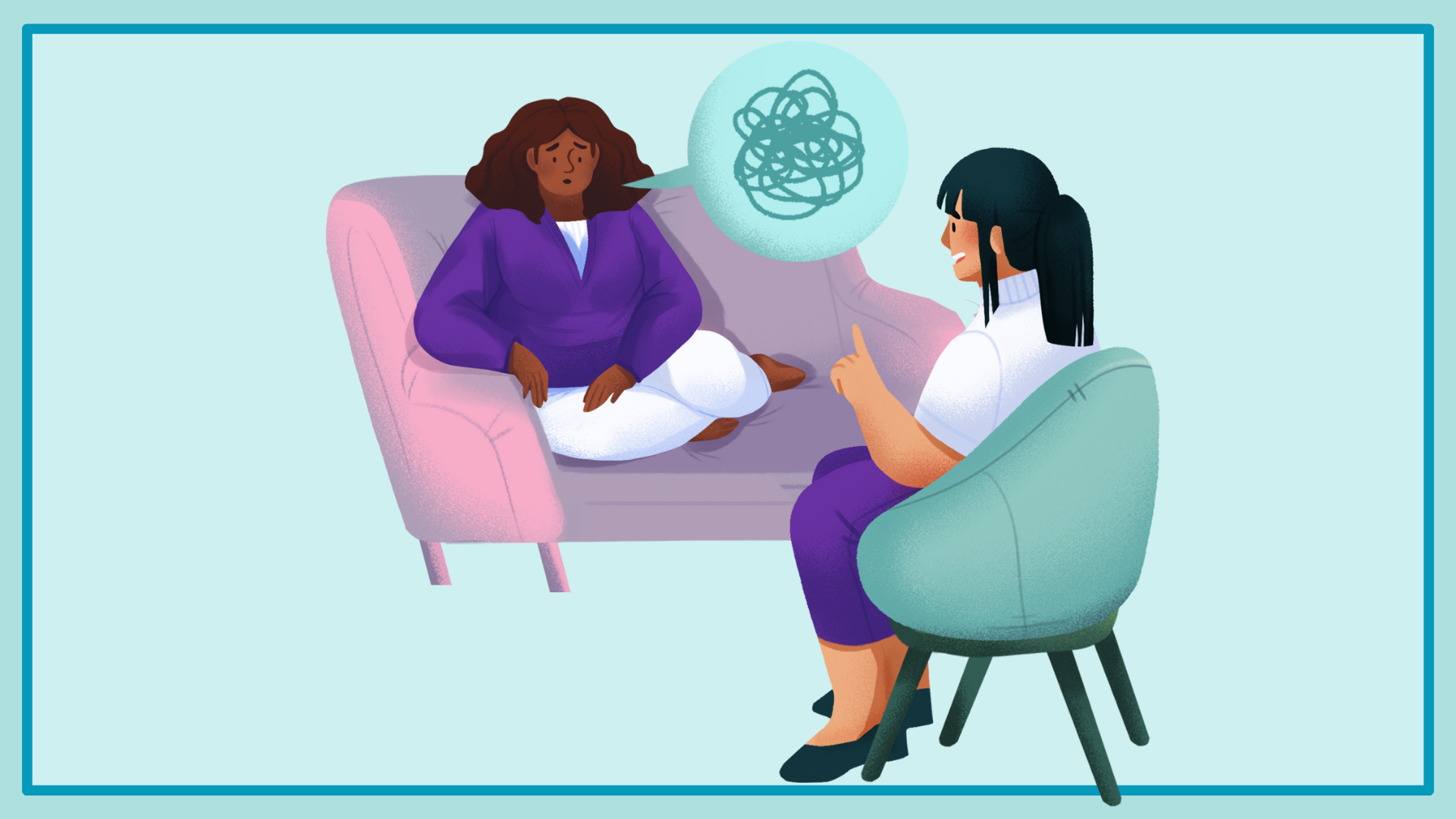
🎧 Prefer to Listen While You Learn?
Complex trauma can make on screen reading feel heavy or disconnecting. Listening allows the brain to process the material more gently and helps you stay present as you learn.
You can now have your slides read aloud on any device using built in accessibility tools.
Full instructions for Mac, iPhone or iPad, Android, and Windows are included right inside this course.
💜 This feature is designed to support your learning style, not replace it.
🎙️ Linda’s teaching, coaching, and voice remain throughout every course. You will still hear Linda guiding you through the concepts, unpacking examples, and coaching from the slides as part of your learning experience.
👉 Use the Have Your Slides Read To You tab inside the course for device specific instructions and start listening your way through the course.
Here’s what you’ll walk away with…
By the end of this six part series, you will have a spiritually aware, trauma trained and neuroscience grounded understanding of how CPtsd reshapes a person’s sense of self, purpose and belonging. You will gain the skills to support recovery that reaches deeper than behaviour change and touches identity, meaning and soul.
You will walk away with the ability to:
• Recognise how trauma disrupts spiritual identity and why survivors struggle with belief, belonging, purpose and connection.
• Explain the neuroscience of spiritual injury in clear and compassionate language that reduces shame and confusion.
• Identify the impact of emotional neglect on a person’s capacity to trust themselves, trust others and engage with spiritual practices safely.
• Support clients through spiritual crisis or doubt without minimising their lived experience or reactivating religious trauma.
• Teach grounding and presence practices that restore internal quiet, clarity and connection.
• Work with breath, awareness and embodiment to gently reconnect the brain, body and soul.
• Differentiate cultural or religious expectations from what the client’s inner world actually needs for recovery.
• Understand the role of trauma in faith loss, faith exploration or spiritual searching and guide clients without imposing belief.
• Rebuild spiritual resilience through micro practices that strengthen identity, meaning and inner belonging.
• Apply the NeuroSynqt side door approach to support spiritual integration without overwhelming the system.
This course equips you to sit with clients in the places where trauma, spirituality and identity intersect. You will gain the confidence to work not only with behaviour and emotion, but with the deeper questions of self, purpose and connection that trauma often silences.
The depth of the content and the support this course offers is phenomenal! If you’re on the fence, I’d highly recommend taking the leap
Candace Alley,
CEO candacealley.com
Over the past year and a half, Linda has helped me experience growth that I thought was impossible. In a loving and compassionate manner, she has taught me tools and strategies to manage my trauma symptoms. Most importantly, she made me feel heard, seen, and understood.
Lisa Armele,
Ed.S., MA., CAS.
Linda Meredith is a powerhouse when it comes to bringing research and information together to help us understand complex trauma. More importantly, she breaks things down in a way that is easily accessible. The homework isn’t about memorising terms - it’s about embodying the knowledge while healing ourselves and supporting our clients. practically and effectively. As a professional who has had burnout 3 times, Linda's work has helped me not only return to work but to do so in increasing good health whilst helping clients globally achieve the recover results they also desire.
Sherry Yuan Hunter,
CEO Sandwich Parenting

What Makes the 6 Courses Impactful?
Most trauma education focuses on behaviour, regulation or coping skills. Very few trainings address what trauma does to a person’s sense of self, meaning, purpose and spiritual identity. These six courses fill that gap.
They explore how trauma shapes the parts of the brain responsible for belonging, intuition, trust and inner guidance. They show how developmental trauma fractures connection with the body, with emotion and often with what clients once considered sacred. More importantly, they teach you how to help clients rebuild these connections in ways that feel safe and grounded.
Across the six courses you will learn to:
• Recognise spiritual injury as a trauma response, not a lack of belief, effort or faith.
• Understand how trauma interrupts connection, making presence, prayer, stillness or intuition feel unsafe or inaccessible.
• Work safely with spiritual crisis, doubt and deconstruction using trauma trained language and pacing.
• Help clients rebuild trust with themselves, especially when early trauma distorted identity, belonging and worth.
• Integrate breath, presence and awareness, using them as gentle pathways back to self rather than performance tasks.
• Teach spiritual practices without triggering religious trauma, coercion or shame.
• Make sense of disconnection, numbness or confusion, using neuroscience to reduce shame and increase clarity.
• Translate spiritual experiences through a brain based lens, so clients understand the logic behind their patterns.
• Support identity repair, reconnecting clients with the parts of themselves that trauma muted or fragmented.
What makes these six courses impactful is not a set of techniques.
It is the shift in how you see spiritual pain and spiritual recovery.
Through the NeuroSynqt approach, you learn to see that what looks like resistance is often protection. What looks like loss of faith is often a trauma shaped struggle with trust. What looks like disconnection is often the brain's survival system doing its best to keep the person alive.
This course meets clients where trauma reshaped their sense of self and gently supports them in rebuilding connection, meaning and inner wholeness. It is trauma trained spiritual work that helps clients remember who they are beneath the survival patterns.
🧰 Made for Those Who Work in the Messy Middle of Healing
- Counsellors, psychologists, and social workers seeking advanced training in CPtsd and narcissistic abuse recovery.
- Allied health and pastoral care professionals supporting trauma-bonded or abuse-impacted adults.
- Educators and community leaders wanting a neuroscience-based, trauma-trained framework for complex trauma recovery.
- Students and emerging practitioners building professional credibility with CPtsd-specific, brain-based practice.
- Practitioners working toward certification and CEUs in CPtsd Recovery.
- Individuals with lived experience pursuing structured, professional-level CPtsd education and personal integration.

🌟 The Shift You’ll See in Clients (and Yourself)
Imagine sitting with a client who says, “I feel disconnected from myself. I used to have faith or purpose, but now everything feels empty or confusing.”
This course helps you understand the spiritual impact of trauma and gives you the language and practices to support clients in reconnecting with meaning without triggering shame, collapse or religious trauma.
Clients often arrive feeling lost, numb or spiritually fragmented. Some have left faith communities. Others long to return but cannot find a way that feels safe. Many carry guilt or confusion about their own spiritual instincts or intuition. This course helps you work at the level where these experiences form - in the networks of the brain that shape identity, belonging and inner guidance.
Through these six courses, you will see clients begin to:
• Reconnect with their inner world instead of staying cut off from emotion, intuition and meaning.
• Experience breath and presence as safe, not as triggers for shutdown or panic.
• Make sense of spiritual confusion by understanding how trauma shaped their beliefs and self perception.
• Release shame tied to faith, prayer or spiritual questioning, replacing it with grounded self compassion.
• Rebuild trust with themselves after years of silencing their needs, boundaries and inner knowing.
• Develop a sense of belonging that does not depend on performance, compliance or religious pressure.
• Find language for spiritual pain that was previously unspeakable, fragmented or held in the body.
• Integrate gentle practices that restore clarity, emotional balance and a felt sense of connection.
• Shift from spiritual fear to spiritual agency, making choices that align with their truth rather than survival responses.
• Experience small moments of peace or presence that gradually reshape how they see themselves and the world.
And practitioners often notice a shift in themselves too.
A softening. A settling. A clearer sense of why spiritual repair matters in trauma recovery. A deeper confidence in supporting clients where the soul and the brain meet.
This is trauma trained spiritual work that restores voice, meaning and identity. It helps survivors rediscover what belonging feels like, without pressure, fear or obligation.

Course 1 & 2 - Neuroscience, Trauma and spirituality
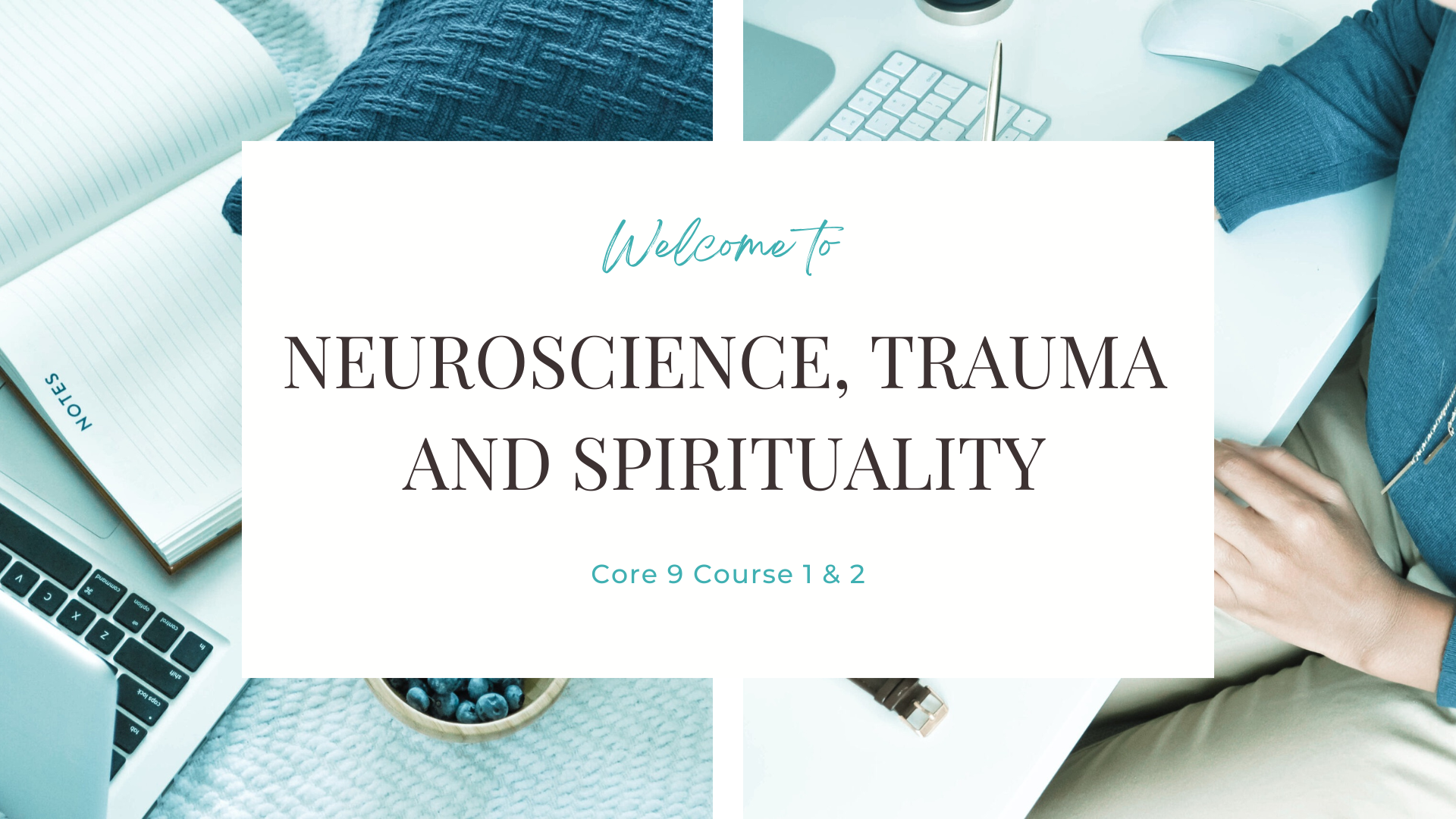
Course 3 & 4 - CPtsd & Restoring our soul
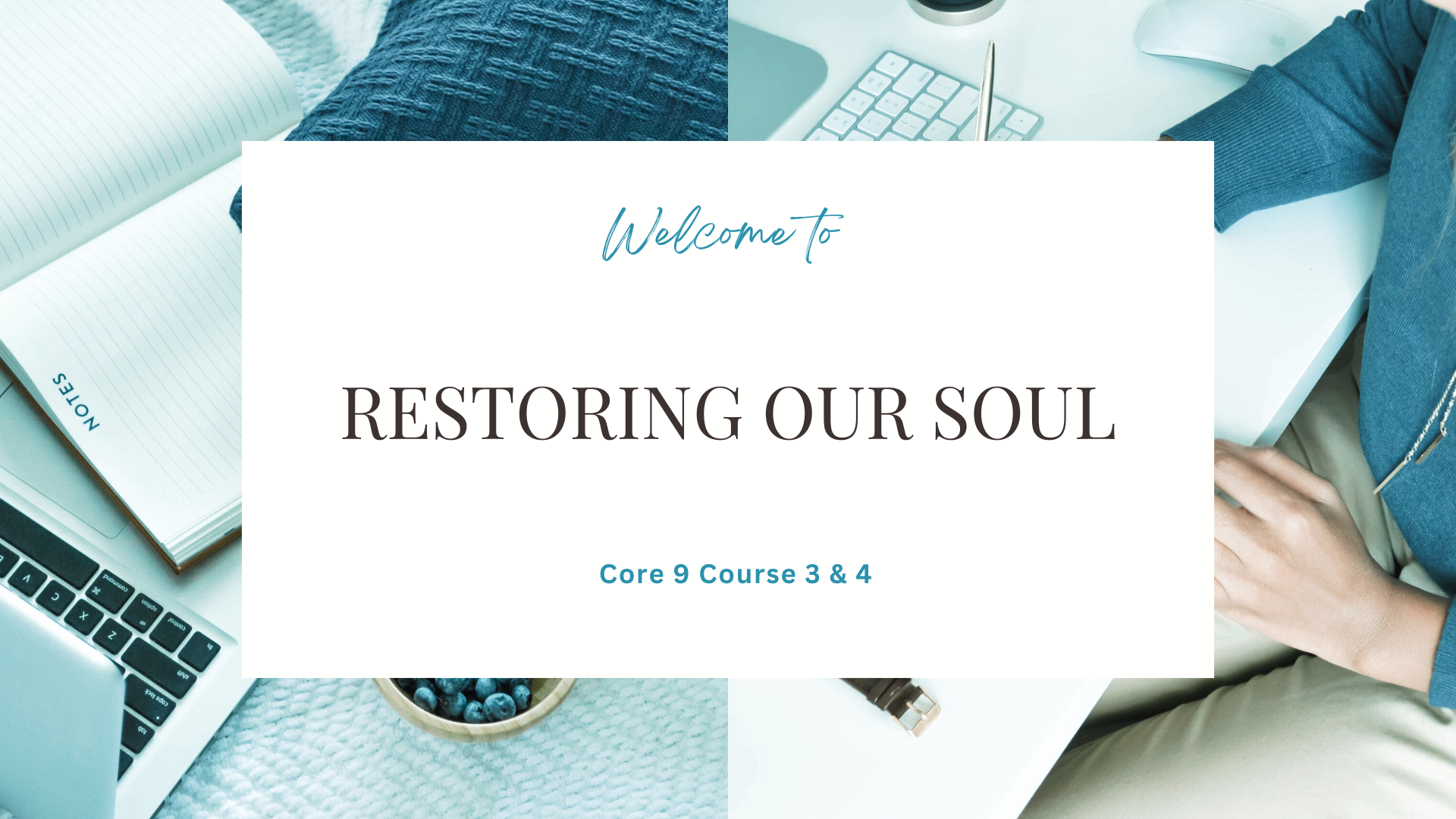
Course 5- CPtsd & Contemplative Mindfulness and Prayer
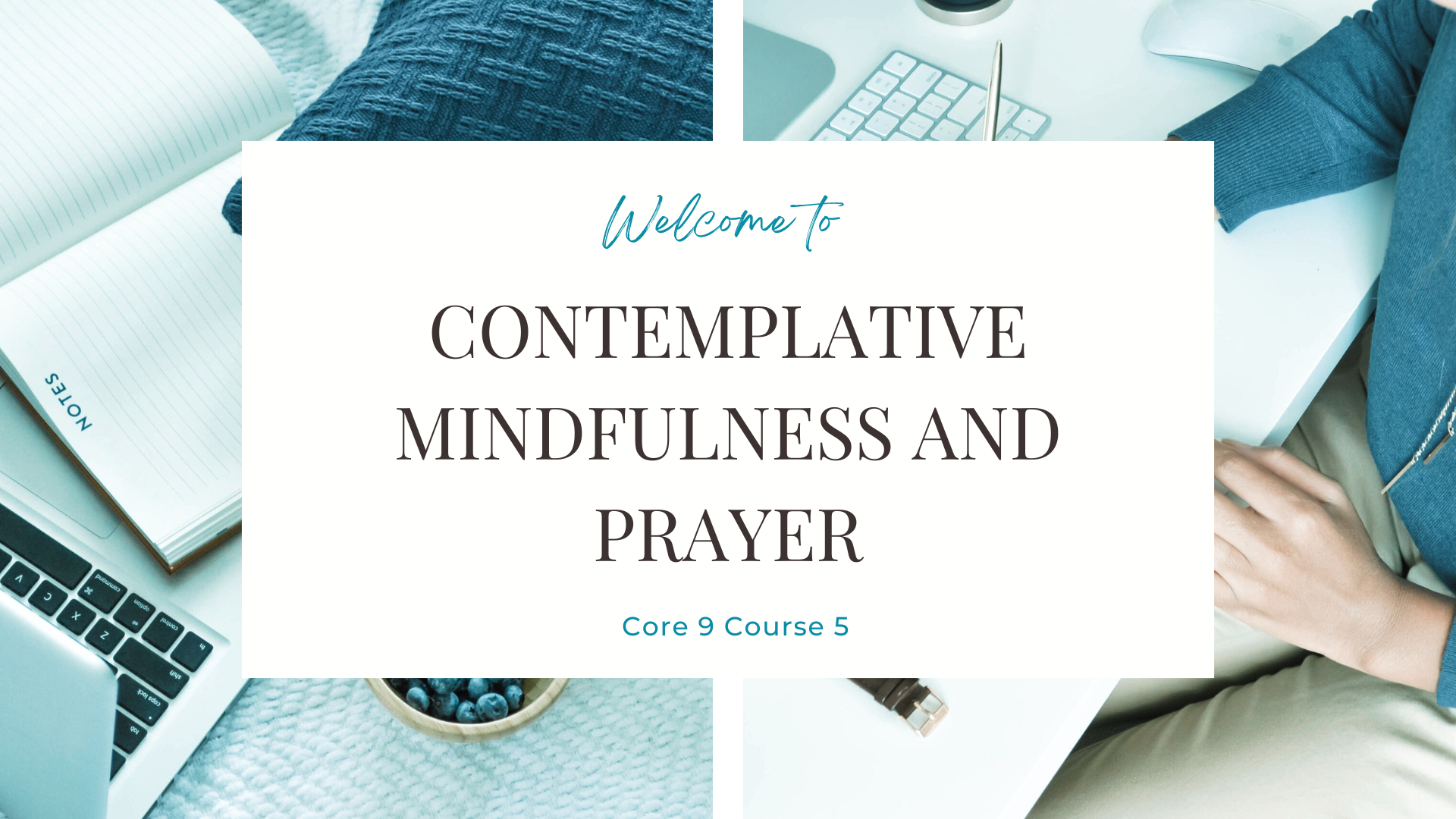
Course 6 - CPtsd & Spiritual Recovery

💻 Learning That Fits Real Life ➡️
Accessible. Practical. Designed for the trauma-trained mind.
🌱 Free Weekly Supervision & Study Space
CPtsd Education
Extra CPtsd Information
Homework Canva Templates
Client Materials
Business Development
Extra Coaching Tools

🧠 The NeuroSynqt™ Difference
Adults with Complex PTSD have lived in trauma states for so long that dissociation, fragmentation, and survival scripts feel normal. Many do not recognise they are dissociating until explicitly taught how to begin reconnection and how to recognise that the brain is the driver.
Most models (polyvagal, IFS, bottom-up somatics) assume regulation is the starting point. In reality:
-
Regulation is not an entry point.
-
Regulation is a byproduct of integration.
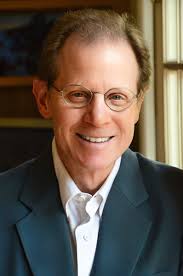
Dr Dan Siegel
Why Being Trauma-Trained Changes Everything
Beyond trauma-informed into truly brain-based care
📊 Grounded in Science, Guided by Humanity
Bringing research and lived experience together
Recent studies show:
-
🧩 Up to 80% of adults raised by narcissistic or emotionally unavailable parents show symptoms consistent with complex trauma
-
🩺 1 in 3 mental health professionals report moderate to severe burnout (APA, 2024)
-
🧠 Neuroscience confirms that trauma impacts perception, not just emotion - changing how clients interpret safety, power, and connection
This course bridges clinical research with experiential recovery, giving professionals language that resonates with both the data and the heart.
Trauma Informed vs Trauma Trained
Linda Meredith
Passionate, Innovative, and Dedicated to
Complex Trauma Recovery
An Advanced, Neuroscience-Based Approach for Mental Health Professionals
Real reviews. Real professionals. Real impact.
📚 Explore Other Courses
🏆 Certification Pathway
- Individual Courses - like Core Unit 7, focusing deeply on identity repair
- Full Certification - becoming a Master Practitioner of Complex Trauma Counselling, accredited globally and eligible for CEUs
This certification has been peer-reviewed and accredited by professionals in the trauma field, ensuring credibility and recognition worldwide.
Developed by Linda Meredith through years of study and application with both clients and her own recovery, the NeuroSynqt™ framework is a unique, brain-based approach that delivers results in real-world practice.
